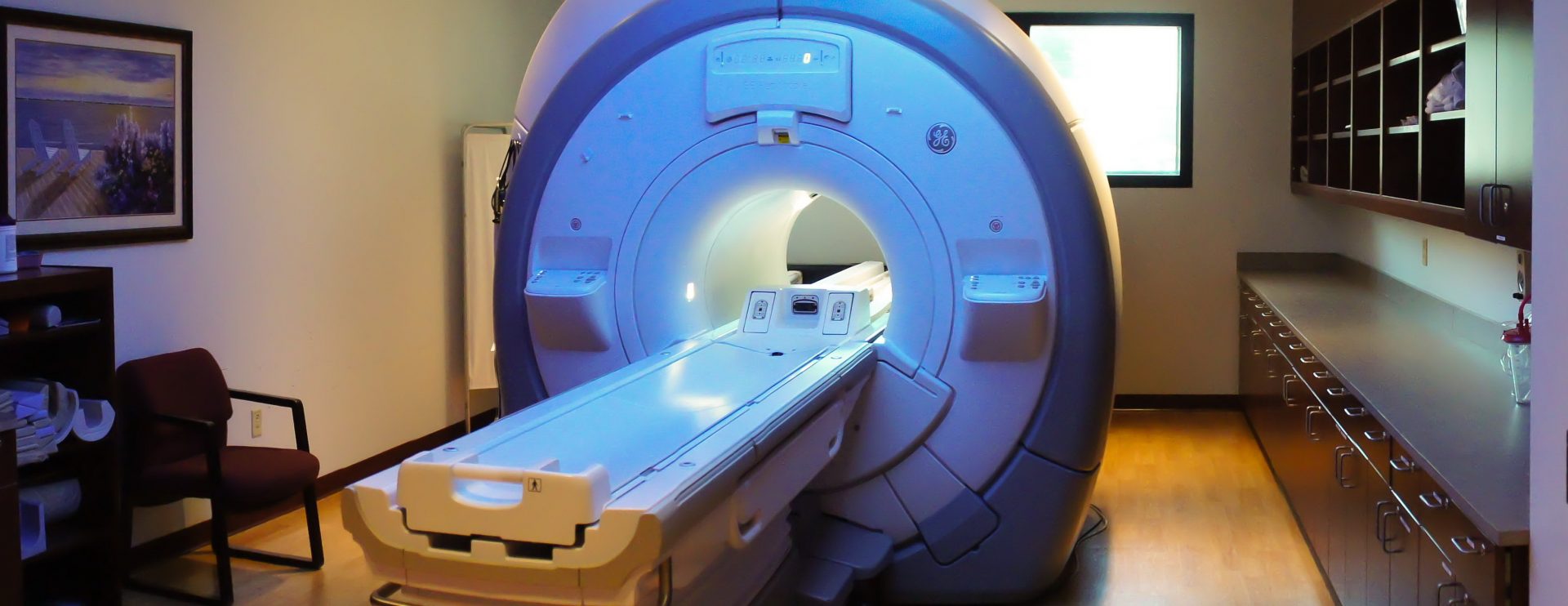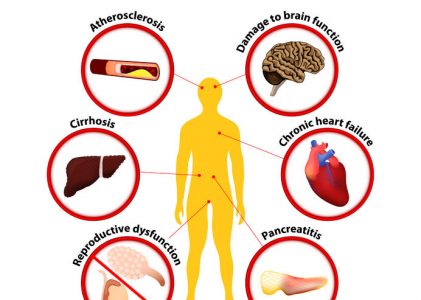April is National Alcohol Awareness Month and a good time to review the facts about alcohol and the dangers of addiction. According to the National Council on Alcoholism and Drug Dependence (NCADD), alcohol is the most commonly abused addictive substance in the U.S. Alcohol abuse or dependence affects about 17.6 million people, which is one in every twelve adults, who experience serious health and mental complications from alcohol.
Several millions more people engage in binge drinking patterns which cause risky behavior and may lead to long term addiction along with very serious problems. It is estimated that over 7 million children are living in a home with at least one parent who has an alcohol abuse or dependency problem.
Individuals and families across the country are affected by alcohol abuse which can lead to serious health conditions, neurological conditions, chronic diseases and social problems such as:
• Long term addiction and alcoholism
• Serious health conditions
• Hypertension (high blood pressure)
• Stroke, dementia, neuropathy
• Cardiovascular disease, myocardial infarction (heart attack), atrial fibrillation (A-fib)
• Increased risk of many types of cancer including cancer of the mouth, throat, larynx, esophagus and liver
• Liver disease such as fatty liver, cirrhosis and alcoholic hepatitis
• Gastrointestinal issues such as gastritis and pancreatitis
• Psychiatric problems, emotional instability, depression, anxiety and suicide
• Social problems including loss of employment and problems with friends and family
• Violence such as fighting and abuse towards children
• Accidents, drownings, falls, burns, homicide and motor vehicle crashes
With the many negative consequences arising from alcohol abuse and addiction, it is clear to see why awareness is so important. Knowing the effects that alcohol can have on the quality of one’s life can lead to better decision making and steps to prevent a serious problem from developing.
Alcohol and Your Liver
Alcohol takes a toll on one’s health and wellness in many ways, particularly on the liver. The liver is the largest internal organ in the body which performs many critical functions such as:
• Removing waste products that the kidney cannot remove such as fat, cholesterol, medicines and toxins
• Storing and processing nutrients from food such as protein, fat and sugar and delivering them to the body when needed
• Producing bile which helps the body absorb fats, cholesterol and fat-soluble vitamins
• Producing new proteins such as clotting and immune factors
The liver is a vital organ and is required for survival. A healthy liver can regenerate damaged cells, although with long term abuse, the liver develops scarring. This scarring, or fibrosis, can lead to cirrhosis of the liver making it unable to regenerate.
Cirrhosis of the Liver
Cirrhosis of the liver develops when scar tissue replaces healthy tissue and blocks the normal blood flow in the liver. This occurs gradually over years and sometimes decades and prevents the liver from functioning normally. Cirrhosis of the liver affects more men than women and causes nearly 32,000 deaths annually.
Chronic hepatitis C is the main cause of liver cirrhosis, which causes swelling, inflammation and damage to the liver. Many advanced treatments are now available for hepatitis C allowing doctors to treat patients before developing fibrosis or cirrhosis.
The second most common cause of liver cirrhosis is alcohol abuse, usually caused from several years of heavy drinking. Most social drinkers do not develop cirrhosis of the liver although safe amounts of alcohol consumption are individual to each person. Researchers have determined safe amounts of alcohol consumption to be one drink per day for women and two drinks per day for men.
Where to Get Help for Alcohol Addiction
There are many things we can do to cut down on our alcohol consumption and prevent serious health, psychological and social consequences. If you or a loved one are concerned about alcohol abuse and addiction, here are some things you can do to make a conscious effort to prevent alcohol abuse:
• Limit yourself to no more than one daily drink for women or two for men
• Write down a list of all the reasons not to drink alcohol in excess
• Limit the amount of alcohol available in the home
• Avoid places where people are drinking in excess such as bars
• Do not drink alcohol when you get upset
Visit the NCADD for additional help and resources as the largest advocacy organization worldwide to address alcoholism and drug dependence. Let’s raise awareness together of the dangers of alcohol abuse and addiction and take action to prevent serious consequences.
Greater Waterbury Imaging Center cares about your health and wellness and encourages you to take steps to control alcohol consumption. Please reach out for support if you or a loved one need assistance with alcohol dependence and remember to contact us for all your MR imaging needs.


